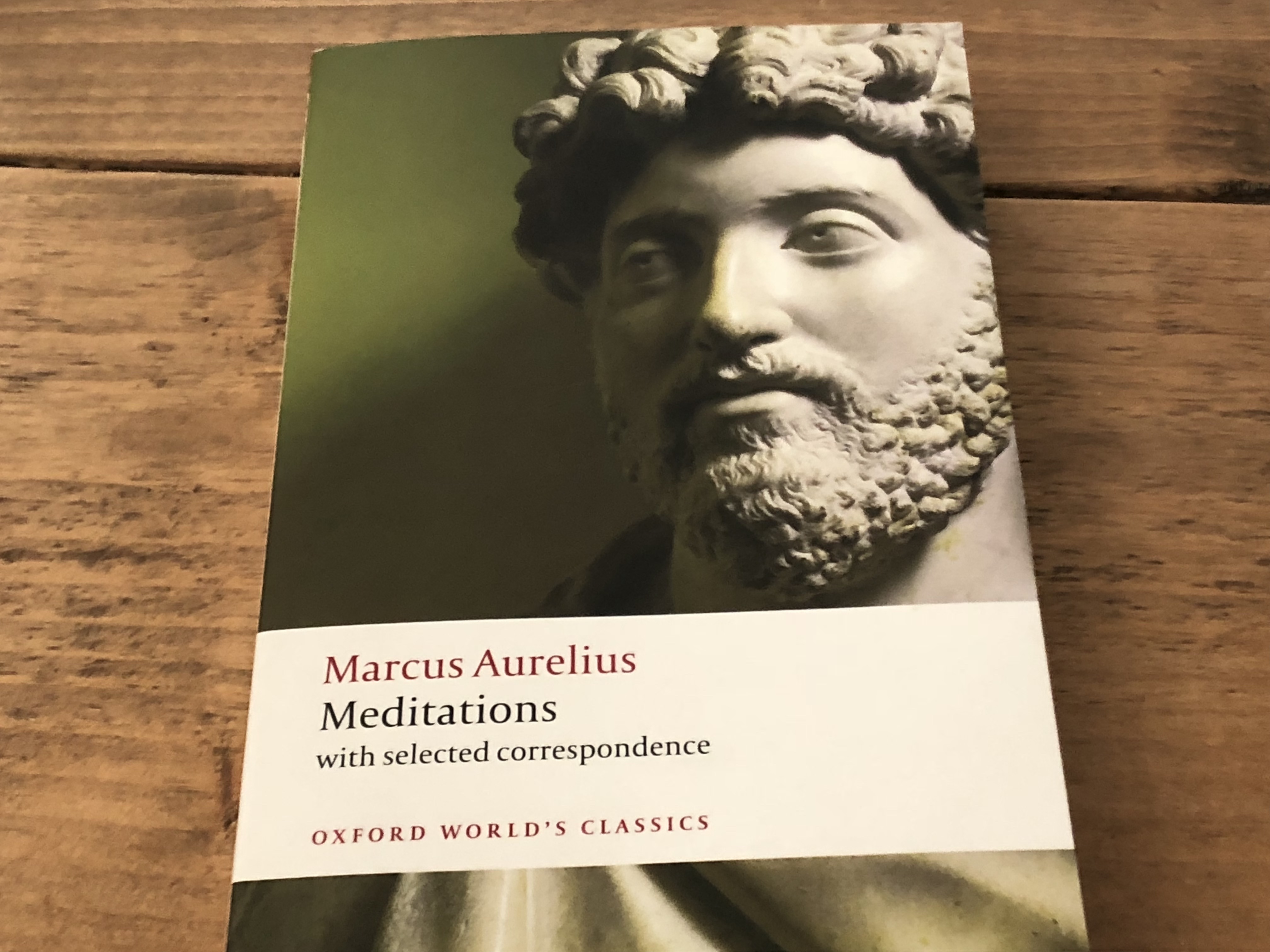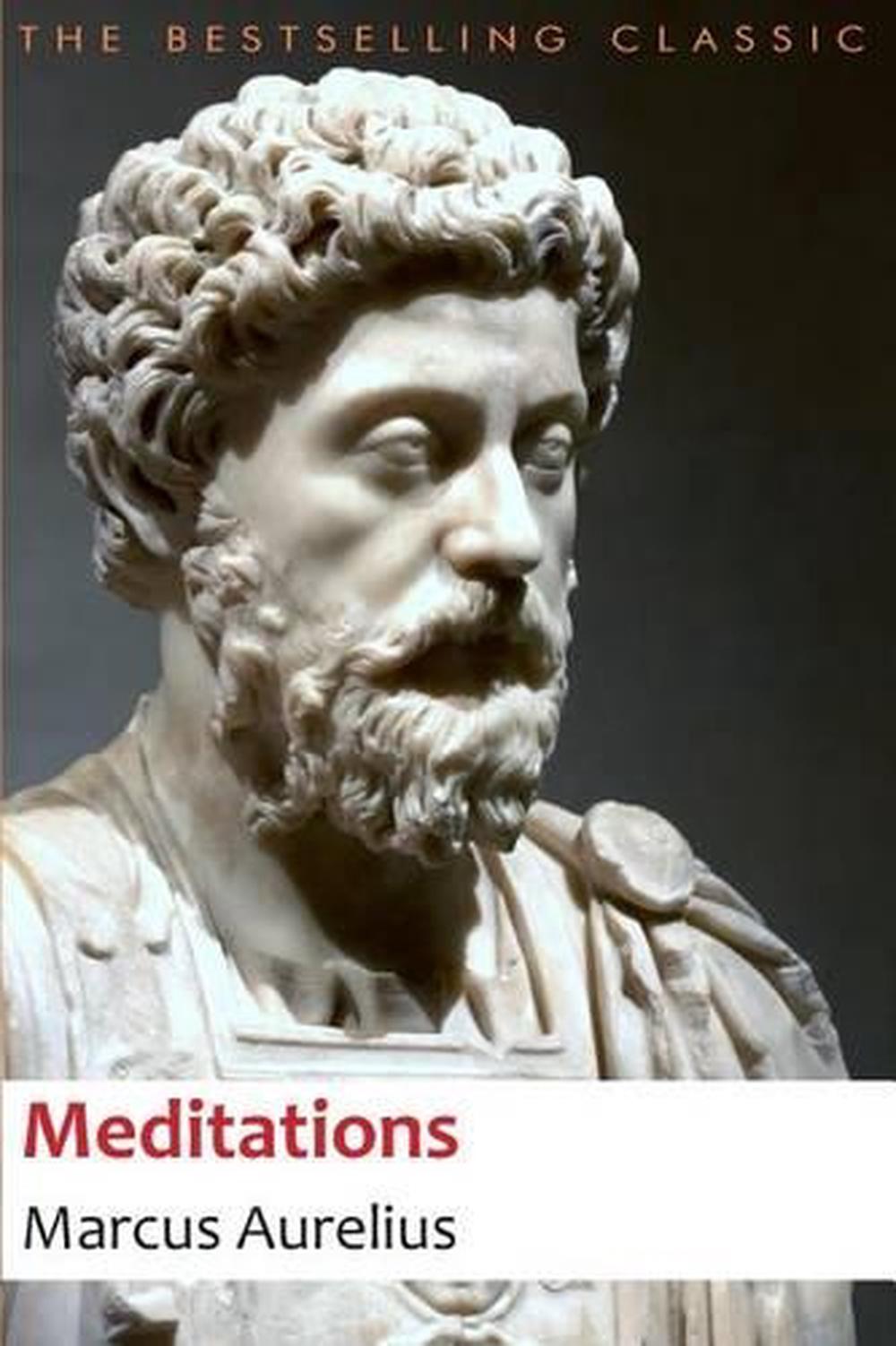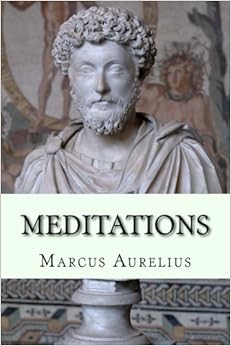


Much of his philosophy also boils down to telling oneself to rise above insults, injuries, and idiots.īegin each day by telling yourself: Today I shall be meeting with interference, ingratitude, insolence, disloyalty, ill-will, and selfishness – all of them due to the offenders’ ignorance of what is good or evil. And that reacting with emotion is foolish.

Aurelius belabors this point at length - that whatever happens is meant to happen, that you have no power to change what has happened or will happen, and that therefore your only choice is how you will react to it. This is Stoicism in a nutshell: You cannot control other things and people - you can only control yourself. Realize this, and you will find strength." "You have power over your mind - not outside events. Much of what Aurelius "teaches" can be considered common sense guidelines to approaching life, even if you are not a capital-S Stoic. Nonetheless, the Meditations are worthy of a deep, thoughtful read. He was writing only for himself, and never meant for his writings to be published after his death as a guide to others on how to live their lives. Those are both false perceptions - Stoicism was founded centuries before his time, in Greece, and Aurelius's "meditations" (mostly written while he was out in the field trying to suppress rowdy barbarians) came from his personal journals. Marcus Aurelius is often regarded as the "father of Stoicism" and his Meditations as a sort of Stoic Bible. Today, the book stands as one of the great guides and companions - a cornerstone of Western thought. Covering issues such as duty, forgiveness, brotherhood, strength in adversity and the best way to approach life and death, the Meditations have inspired thinkers, poets and politicians since their first publication more than 500 years ago. One of the most significant books ever written by a head of State, the Meditations are a collection of philosophical thoughts by the Emperor Marcus Aurelius (121 - 180 A.D.).


 0 kommentar(er)
0 kommentar(er)
